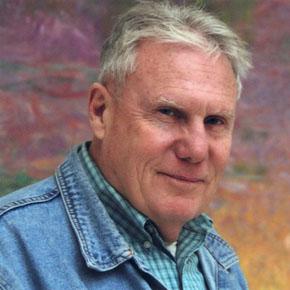Proponents will argue that better pay will attract more — hopefully better — candidates. More likely, the added money will merely line the pockets of incumbents, re-elected under a rigged system — Hello, Bernie! — by an upper-90s rate of return.
In one of those clever subterfuges for which the state legislature is rightfully reviled, lawmakers didn’t vote themselves a raise. They created a government-appointed salary study commission to do it. The commission is expected to recommend increasing base pay from $79,500 to just under $110,000. Legislators can only helplessly go along. After the November elections, of course.
Legislators last got a raise in December 1999, which they voted themselves. Thirty-eight percent over 17 years, the standard leaders recommended in ’99, mirrored inflation, as does this one. The initiative does give rise to at least two pertinent questions: how many “working New Yorkers” (those who still have jobs or haven’t fled the state) have seen their salaries increase by that amount since then, and overall how are we (and they) doing?
Largesse at the top of the food chain tends to agitate bottom feeders. Ulster legislators, with pay raises in Albany all the buzz last winter, voted themselves a 40 percent (base) pay raise to $14,000 a year. County Exec Hein, who did not increase his original (2009) salary from $133,572 after granting generous raises to department heads, did not sign the legislation. County law allows what’s called “pocket approval,” giving the exec political cover while satisfying the demands of the legislature where salaries last increased 17 years ago.
I don’t hear of town supervisors agitating for more money.
Kingston’s first-term mayor Steve Noble might have a case. Noble is paid $75,000 a year to run a $40 million operation. He supervises several higher-paid department heads. Should the boss be the highest-paid member of the administration? It doesn’t happen on the Yankees, but then nobody in Bomber management can blast a slider 400 feet or fire a baseball 90-plus miles an hour.
The recent retirement of public works Superintendent Mike Schupp illustrates the gap between department heads and the mayor. Schupp’s salary after seven years on the job was slightly over $83,000, with another $50,000 in benefits.
The mayor’s exit comments on the retiring DPW boss suggested the latter was worth every bit of his compensation package. But if so, isn’t the mayor? Well, maybe not just yet.
The 8-1 (Democratic) Common Council may consider these issues during the summer doldrums. Let it be noted that the mayor, who got a nice bump when he moved from back-office city bureaucrat to mayor in January, has not publicly sought a salary increase.

